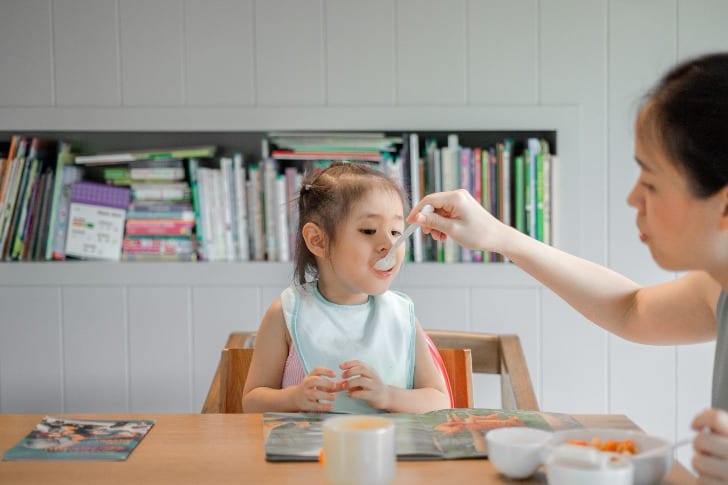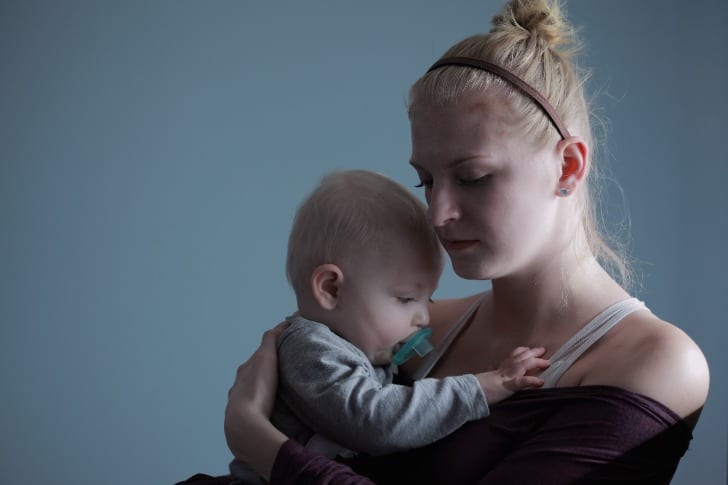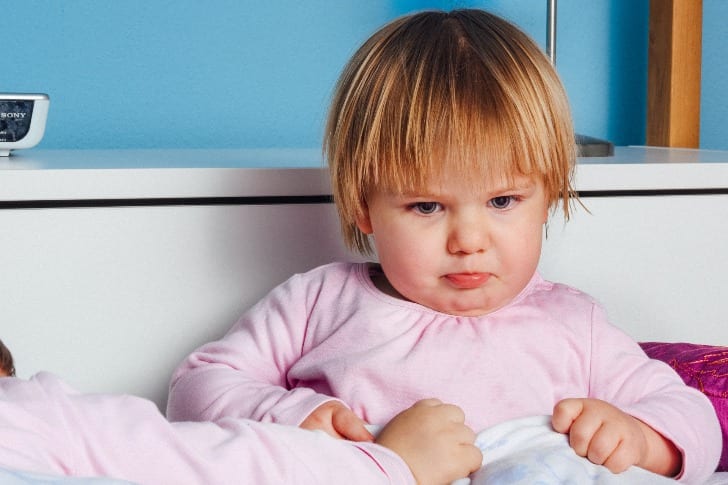Parenting really is a feat that takes up so much from adults. But all we seem to hear are ways in which child caring styles can affect children. Is that all there is to it? Can it affect our wellbeing as well?
It seems like the latter has not been explored extensively and is often undermined. Yet, instances with research findings showing stepfathers are more prone to depression, help conclude that parenting or not knowing how to, can affect both mental and physical health.

Tanaphong Toochinda/Unsplash: Mom feeding her daughter
Here’s what we’ve found out about three common types of parents, and how their child-rearing styles can make or break them health-wise:
Helicopter Parents
These parents are rescuers. They have the natural tendency to come to their child’s rescue at any given time, and often bears the brunt of the kid’s bad decisions, and even failures. An example is a mom or dad who will do their homework for them or is always on edge about the kid hurting themselves by having a fall at the park.

Sharon McCutcheon/Unsplash: Young mother holding her baby
Taking a step back when you want to go for their aide, and letting your kid make a mistake can help both parties overcome this. It would also equip your child with autonomy and make them champs of their own.
Dictatorial Parents
This is the parenting style we all hated when we were young. But some of us may have become the ‘I know best’ parents whether we like it or not. Again, due to anxiety about our kids’ choices, this style can often make us put undue pressure on the kids, making commands and demands blatantly.

Alexander Dummer/Unsplash: Upset baby in bed
So, stop, sit, and breathe – This is what experts recommend when you feel that blood boiling inside. Maybe count some sheep in your head to regulate your blood flow, and you could overcome it before you know it. These tips might help too, when you feel like, threatening your kid.
Authoritative Parents
This is the most positive parenting style from a long run. They give their kids room to explore and make mistakes, all while setting clear boundaries and consistent rules in the house. Mistakes are viewed as learning opportunities rather than times to punish.
They show love and support despite the child’s behavior and get to the root of misbehavior when there is any. This helps them get to know their child better, and in turn, reduces anxiety as they can predict the child’s patterns.
Confidence from this sort of parenting style positively affectsyour health too. You’re optimistic aboutyour children, and it blankets them from depression as well.
Try to spot these patterns in yourself and start making positive changes one day at a time. It can help both you and your child be less irritable and more patient with each other. After all, we want to stick around healthily for as long as we can and see our children blossom, right?
